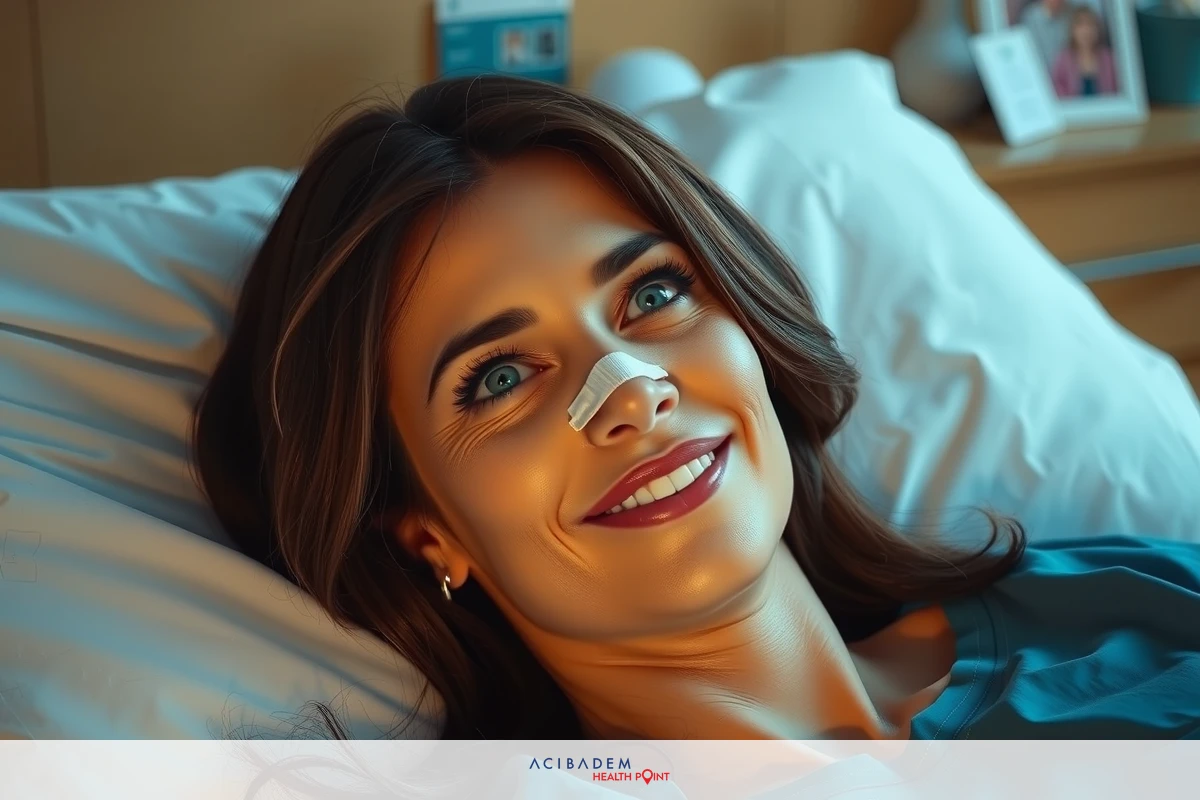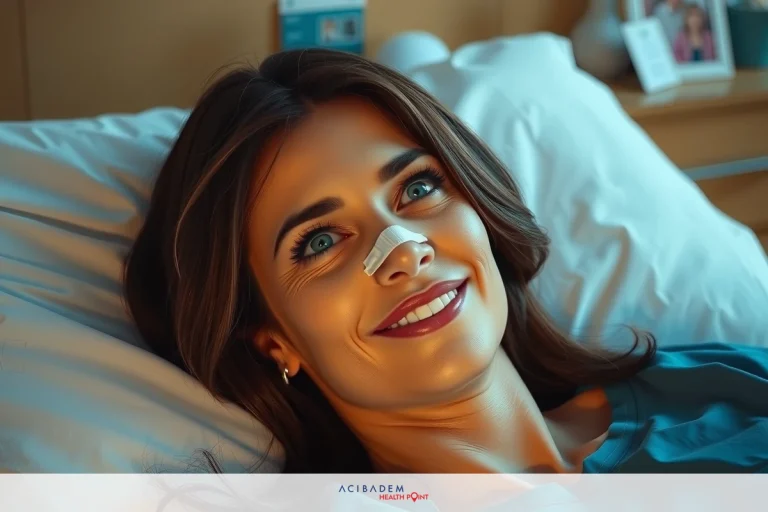Why is My Nose Numb After Rhinoplasty
Why is My Nose Numb After Rhinoplasty Experiencing numbness in the nose following rhinoplasty can be a cause for concern. It’s not uncommon, though, and understanding why it happens might help alleviate some of those worries. The sensation—or lack thereof—can be attributed to various factors related to the surgery itself.
Rhinoplasty involves alterations to the structure of your nose, which may impact nerve function temporarily. Hence, numbness post-surgery is something many individuals grapple with during their recovery journey. This phase could last from weeks to months depending on personal healing patterns.
The road to regaining sensation in your nose can seem daunting but fear not! Once you comprehend that this experience forms part of a normal healing process after such an operation, it becomes less intimidating. Rest assured, there are also ways available at your disposal for managing this numbness effectively throughout your recovery period.
Causes of Numbness
After undergoing rhinoplasty, numbness in the nose is a common side effect reported by many patients. This sensation arises due to the surgical manipulation that occurs during the procedure. The operation involves incisions and alterations to delicate nasal structures which can temporarily disrupt nerve signals, leading to post-surgery numbness.
Under normal circumstances, our noses are rife with sensory nerves responsible for touch perception. During rhinoplasty, these nerves may be stretched or injured as surgeons work meticulously on reshaping your nose an unavoidable aspect of this surgery type. These occurrences contribute significantly to numbness felt after surgery but rest assured it is typically a temporary consequence.
Nerve regeneration following such injuries tends to vary among individuals based on personal healing patterns and overall health status. Some might start regaining sensation in their noses within weeks while others might require months before they begin noticing improvements. It’s crucial here not only to understand these causes but also realize that patience forms part of recovery from any major surgery including rhinoplasty.
Duration of Numbness
Just as the causes of numbness following rhinoplasty vary, so too does the duration of this symptom. It’s not uncommon for patients to report a lack of sensation in their noses weeks or even months after surgery. This is largely dependent on individual healing rates and the extent of surgical manipulation involved during rhinoplasty.
The road to recovery from any major surgical procedure can be long and winding. Rhinoplasty is no exception, requiring ample patience from patients who eagerly anticipate regaining full sensation in their noses. The process involves waiting for nerves that may have been disrupted during surgery to heal and resume normal function—a process that cannot be expedited but happens naturally over time.
While it might feel concerning if numbness persists beyond expected timelines, remember that everyone’s body heals at different paces. More often than not, gradual improvements are noted over a period spanning weeks to months post-surgery as nerve fibers slowly regenerate. As part of your recovery journey, maintaining open lines of communication with your surgeon about such symptoms will ensure you receive appropriate guidance when needed.
Managing Numbness
Managing numbness after rhinoplasty is a crucial part of the recovery process. While waiting for sensation to

return, it’s essential to maintain a positive mindset and employ strategies that can assist in coping with this temporary discomfort. Always remember that these sensations are normal responses as your body repairs itself post-surgery.
One practical approach towards managing numbness includes keeping an open dialogue with your surgeon about any concerns or changes you notice in your nasal area during recovery. Their guidance could prove invaluable as they understand best how surgical procedures affect the body’s nerve network and healing timelines based on their extensive experience in the field.
Additionally, taking care of your overall health aids in speeding up recovery times including the return of sensation post-rhinoplasty. This involves adhering to dietary recommendations from healthcare professionals, ensuring adequate rest, staying hydrated and avoiding strenuous activities which might hamper healing processes. Such holistic steps contribute not only towards relieving numbness but also fostering optimal physical conditions needed for successful surgery recoveries.
Why is My Nose Numb After Rhinoplasty: Frequently Asked Questions
How long will my nose remain numb after rhinoplasty?
The duration varies among individuals based on personal healing patterns and the extent of surgical manipulation during rhinoplasty. It could range from a few weeks to several months.
Is numbness in the nose normal after rhinoplasty surgery?
Yes, it is perfectly normal for patients to experience some degree of numbness post-surgery. This is due to nerve disruptions that occur as a result of surgical procedures.
What can I do to manage the feeling of numbness in my nose following surgery?
Maintaining open communication with your surgeon about any concerns or changes you notice can be beneficial. Additionally, taking care of your overall health by adhering to dietary recommendations, ensuring adequate rest, staying hydrated and avoiding strenuous activities can positively impact recovery times.
Will sensation in my nose ever return completely after undergoing rhinoplasty?
In most cases yes! While timelines differ among individuals, sensation typically returns gradually over time as nerves heal and regenerate post-surgery.











